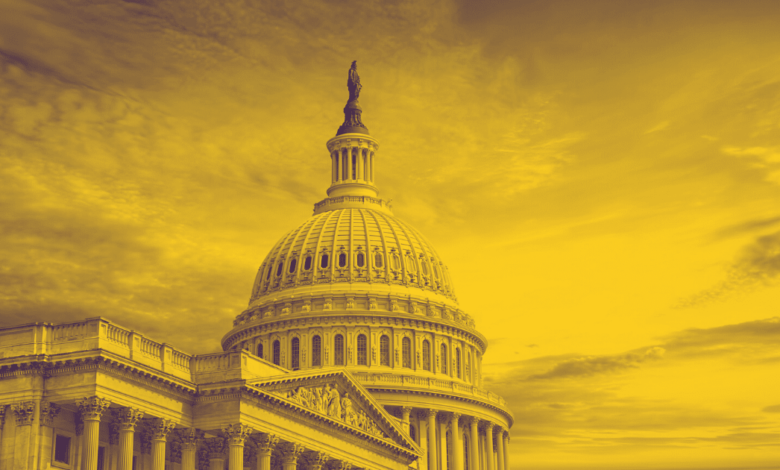IATSE commends introduction of Generative AI Copyright Disclosure Act by Rep. Schiff

Representative Adam Schiff (D-CA) introduced the Generative AI Copyright Disclosure Act, a bill to establish transparency with respect to copyrighted works used in building generative artificial intelligence (AI) systems, Tuesday.
The International Alliance of Theatrical Stage Employees (IATSE) is proud to endorse the Generative AI Copyright Disclosure Act – we thank Rep. Schiff for his leadership on this critical issue and for his partnership, inviting the input of IATSE behind-the-scenes entertainment workers in the drafting of this bill.
Speaking in support of the newly introduced federal legislation, International President Matthew D. Loeb said, “IATSE commends Rep. Adam Schiff for introducing the Generative AI Copyright Disclosure Act. Entertainment workers must have consent over the implementation of emerging technologies in their workplaces and must be fairly compensated when their work is used to train, develop or generate new works by AI systems. This legislation will ensure there is appropriate transparency of generative AI training sets, and would empower IATSE workers to enforce their rights.”
The rapid development of generative AI technologies has outpaced existing law, leading to widespread use of creative content without consent or compensation. This legislation introduces critical measures to protect the intellectual property (IP) rights of creators in the age of AI. It mandates transparency from companies in disclosing the use of copyrighted works to train AI systems, ensuring creators are informed and have the tools to advocate for credit where due.
Maintaining strong copyright and IP laws, and prioritizing the people involved in the creative process, is the primary focus of IATSE’s AI-related political and legislative advocacy. As highlighted in the IATSE Federal Issue Agenda, absent safeguards to ensure consent, compensation, and credit for the use of copyrighted works and IP, and appropriate transparency of training sets, AI will continue to be used as a sophisticated, deceptive tool for content theft.
“AI developers cannot be allowed to circumvent established U.S. copyright law and commit intellectual property theft by scraping the internet for copyrighted works to train their models without permission from rightsholders. The theft of copyrighted works – domestically and internationally – threatens our hard-won health care benefits and retirement security,” said International Vice President Vanessa Holtgrewe in November at the bipartisan U.S. Senate AI Insight Forum on IP and copyright.
We must improve transparency of generative AI training data sets to protect the rights of working people who power the U.S. entertainment industry. The Generative AI Copyright Disclosure Act will do just that. We look forward to continued collaboration with Rep. Schiff to advance this effort and we urge all members of the House of Representatives to cosponsor this important legislation.
Political and legislative advocacy around artificial intelligence and machine learning are part of IATSE’s broad campaign to address the impact of emerging technologies on entertainment workers. Click here to read IATSE’s Core Principles for Addressing Applications of Artificial Intelligence and Machine Learning Technology.



